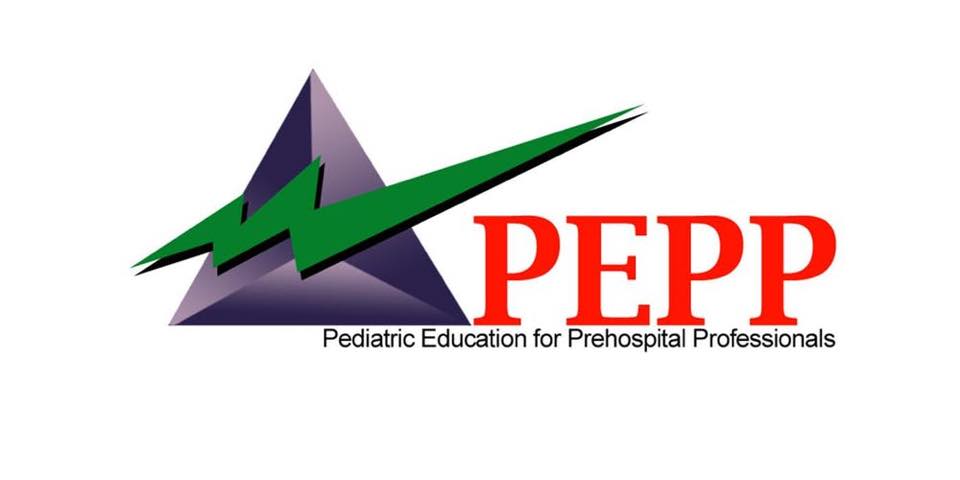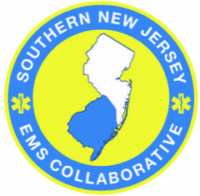The Collaborative provides high quality EMS training at your location throughout New Jersey. All of our courses are approved for CEUs by NJ Office of Emergency Medical Services.
Operations / Leadership
- Incident Command Systems 100, 200, 300, 400
- CEVO
- EVOC
- Emergency Vehicle Operator Safety (NAEMT)
- NJ EMS Response to Large Scale Incidents – Awareness
- NJ EMS Response to Large Scale Incidents – Operations
- Ambulance Strike Team Leader
- Staging Area / Staging Area Manager
- NJ Traffic Incident Management
- All Hazards Disaster Response (NAEMT)
- Vehicle Extrication Awareness
- Technical Rescue Awareness for EMS
- Fire Department Response to the EMS Incident
- EMS and Law Enforcement Response to the Fire/Rescue Incident
- Firefighter Down CPR – Post Rescue
- Rehab for the First Responder
- Critical Thinking and Decision Making
- Leadership: Lessons learned from the street
- Leadership: The poor leader
CBRNE
- Hazmat Awareness
- CBRNE Awareness
- Incident Response to Terrorist Bombings – Awareness
- Prevention and Response to Suicide Bombing Incidents -Awareness
- Ebola / Viral Hemorrhagic Fever PPE
- Biological Incident – Awareness
Medical
- Pediatric Education for the Prehospital Provider (PEPP)
- EMS Safety Course (NAEMT)
- Geriatric Emergency Medical Services (NAEMT)
- First on the Scene (NAEMT)
- American Heart Association CPR and/or First Aid
- Psychological Trauma in EMS Patients (NAEMT)
- Documentation (Fire or EMS)
Tactical Emergency Casualty Care (TECC)
16 hours of CAPCE credit. Endorsed by the American College of Surgeons. Meets Committee on TECC guidelines. Teaches civilian tactical EMS for any EMS practitioner called upon to respond to a mass casualty or active shooter event. TECC covers hemorrhage control; surgical airway control and needle decompression; strategies for treating wounded responders in threatening environments; caring for pediatric patients; and techniques for dragging and carrying victims to safety.
TECC is approved for 16 NJ CEUs
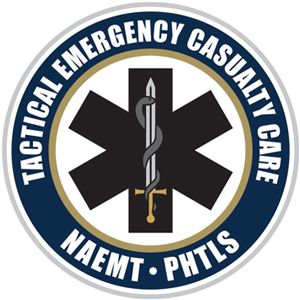
Tactical Combat Casualty Care (TCCC)
TCCC-MP
16 hours of CAPCE credit. Specifically for medical military personnel. The only TCCC course endorsed by the American College of Surgeons; uses PHTLS military textbook. Introduces evidence-based, lifesaving techniques and strategies for providing the best trauma care on the battlefield. Fully compliant with the Department of Defense Committee on Tactical Combat Casualty Care (CoTCCC) guidelines.
TCCC-AC
8 hours / no CAPCE credit. Specifically for non-medical military personnel. Recent combat casualty care experience demonstrates that many lifesaving interventions on the battlefield can be delivered by non-medical personnel, either in support of a combat medic or in the absence of one. Provides first responder skills appropriate for soldiers, sailors, airmen and marines that have been extracted from the TCCC for Medical Personnel curriculum, version 140602 (elements of care that should be performed by medics excluded).
TCCC-MP is approved for 16 NJ CEUs
TCCC-AC is approved for 7 NJ CEUs
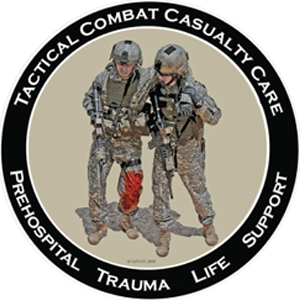
Basic Bleeding Control (BCON)
This course covers basic bleeding control to include tourniquet use and wound packing.
BCON is approved for 2 NJ CEUs

Prehospital Trauma Life Support (PHTLS)
16 hours of CAPCE credit. Developed in cooperation with the American College of Surgeons Committee on Trauma. Recognized as the world’s premier program for prehospital emergency trauma care, PHTLS addresses multi- system trauma for the best patient care. Reinforces the principles of rapidly assessing a trauma patient using an orderly approach, immediately treating life-threatening problems, and minimizing delays in initiating transport to an appropriate destination.
PHTLS is approved for 16 NJ CEUs
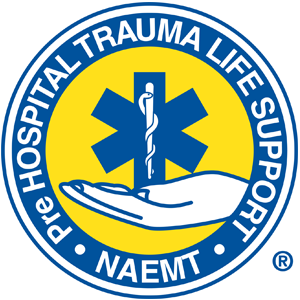
Psychological Trauma in EMS Patients (PTEP)
8 hours of CAPCE credit. PTEP provides resources to help alleviate patients’ hidden wounds – intense fear, stress and pain – during a medical emergency. PTEP educates EMS practitioners about the biological underpinnings of psychological trauma and teaches EMS practitioners strategies to alleviate patients’ distress.
PTEP is approved for 8 NJ CEUS
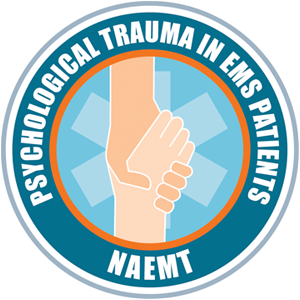
All Hazards Disaster Response (AHDR)
8 hours of CAPCE credit. Prepares EMS practitioners at all levels to respond to the many types of disaster scenarios they may encounter – floods, tornadoes, terror attacks, etc. Teaches how to analyze potential threats, assess available resources, and create a response plan that will save lives.
AHDR is approved for 8 NJ CEUs
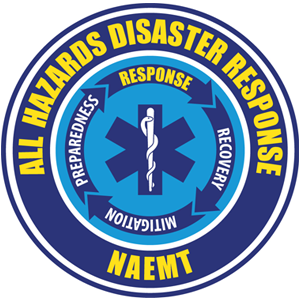
Pediatric Education for Prehospital Professionals (PEPP)
PEPP represents a complete source of prehospital medical information for the emergency care of infants and children. Developed by the American Academy of Pediatrics, PEPP is an exciting curriculum designed to teach prehospital professionals how to better assess and manage ill or injured children.
PEPP is a comprehensive, innovative, and highly visual course featuring case-based lectures, live-action video, hands-on skills stations, and small group scenarios.
The Basic Life Support (BLS) course is geared toward the Emergency Medical Responder (EMR) and Emergency Medical Technician (EMT) and the Advanced Life Support (ALS) course is geared toward the Advanced Emergency Medical Technician (AEMT) and Paramedic.
